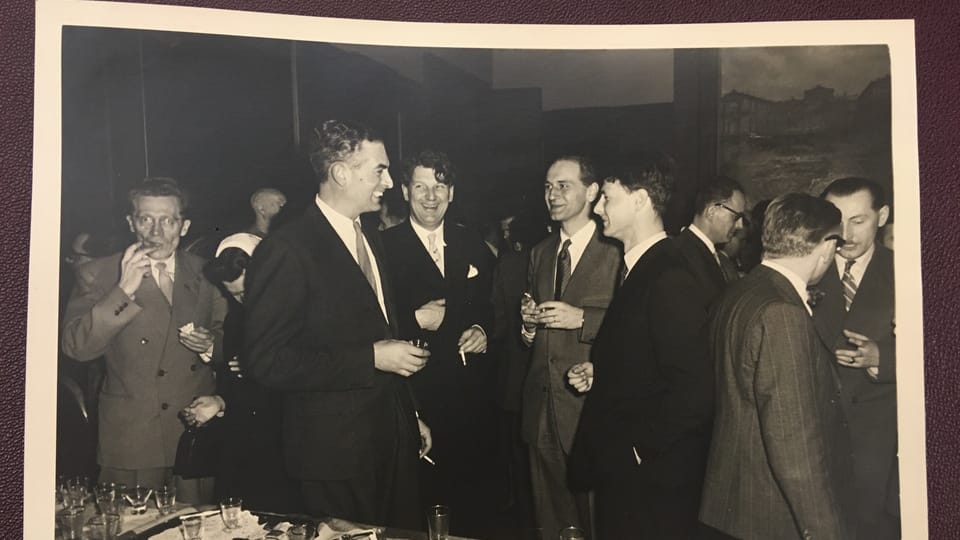
Photo: Magda Arnoštová, Czech Radio
There has only been one Czech Nobel Prize winner in a scientific field to date – Jaroslav Heyrovský, who won it in chemistry in 1959 for his invention of the polarographic method. But another one could have followed just a year later, if not for the Soviet scientific terminology that Czechoslovak scientists were made to use in the 1950s.
Peter Medawar, described by popular science writer Bill Bryson as the “patron saint” of the immune system, was one of the greatest twentieth-century British scientists, winning the Nobel Prize in Physiology or Medicine in 1960 for his discovery of acquired immunological tolerance. In short, he figured out why the body rejects skin grafts from one person to another, revolutionising organ transplantation.
Medawar’s key insight was that the immune system learns early in life not to attack its own healthy cells – essentially, it figures out early on what is self and what is other. By experimenting on mice, he discovered that a mouse exposed to skin from another mouse when it is very young is able to accept a skin transplant from that other mouse later in life – the immune system has in a sense been trained at a young age to recognise it as self.
See the rest here.
Authors: Anna Fodor, Eva Kézrová

